Maintaining high water quality in homes is crucial for health and comfort. From preventing mold to ensuring the integrity of water well drilling, here are essential steps to safeguard your water quality for the long term.
Understanding the Importance of Water Quality
Water is essential for life, and its quality directly impacts our well-being. Poor water quality can lead to health issues and damage to plumbing systems. Taking proactive measures ensures that your water remains safe and clean.
Water quality issues often arise from contamination sources such as pollutants, bacteria, and minerals. Addressing these concerns early can prevent costly repairs and health risks down the line.
Conducting Regular Water Testing
Regular water testing is the cornerstone of maintaining water quality. Testing should cover a range of parameters, including pH levels, bacteria presence, and mineral content. This information guides necessary treatments and ensures compliance with health standards.
Testing frequency depends on factors such as well type, location, and usage. Wells in rural areas may require more frequent testing due to agricultural runoff or geological factors influencing water composition.
Implementing Effective Filtration Systems
Installing robust filtration systems is essential for removing contaminants from water. Filtration methods vary based on the type and extent of contamination. Common filtration systems include activated carbon filters for organic compounds and reverse osmosis systems for minerals and heavy metals.
Choosing the right filtration system depends on water test results and specific contaminant concerns. Regular maintenance of filters ensures optimal performance and extends their lifespan.
Maintaining Proper Well and Plumbing Maintenance
Well maintenance is critical for ensuring water quality in homes reliant on groundwater. Regular inspections of well casings, pumps, and seals prevent contamination from surface runoff and ensure efficient water extraction.
Plumbing maintenance complements well care by preventing leaks and corrosion that can introduce contaminants into the water supply. Addressing issues promptly avoids water quality degradation and preserves plumbing infrastructure.
Mold Prevention Strategies
Mold thrives in damp environments and can proliferate in homes with moisture issues. Effective mold prevention is crucial for maintaining indoor air quality and preventing structural damage.
Ensure adequate ventilation in bathrooms, kitchens, and basements to reduce humidity levels. Address leaks or condensation promptly to eliminate moisture sources that promote mold growth.
Effective Water Well Drilling Practices
Proper water well drilling sets the foundation for long-term water quality. Engage licensed professionals who adhere to drilling regulations and environmental standards. Assess geological conditions to determine optimal well depth and placement, minimizing contamination risks.
Post-drilling, conduct thorough water quality testing to establish baseline parameters. Regular monitoring ensures ongoing compliance with safety standards and identifies potential issues early.
Monitoring and Addressing Water Quality Changes
Monitoring water quality involves staying vigilant for changes in taste, odor, or appearance. These changes may indicate contamination or system malfunction requiring immediate attention.
Keep records of water test results and maintenance activities to track trends over time. Proactive monitoring enables timely interventions and preserves water quality integrity.
Educating Household Members on Water Conservation
Promote water conservation practices within your household to minimize strain on water sources and maintain quality. Simple measures such as fixing leaks, using water-efficient appliances, and practicing responsible outdoor water use contribute to sustainable water management.
Investing in Professional Water Quality Services
Engaging certified water quality professionals ensures comprehensive assessment and treatment options tailored to your specific needs. Professionals provide expertise in interpreting water test results and recommending suitable filtration or treatment systems.
Conclusion
Ensuring long-term water quality in homes involves a proactive approach encompassing regular testing, effective filtration, and diligent maintenance practices. By implementing these essential steps, homeowners safeguard their health and preserve the integrity of their water supply. Stay informed, stay proactive, and enjoy safe, clean water for years to come.


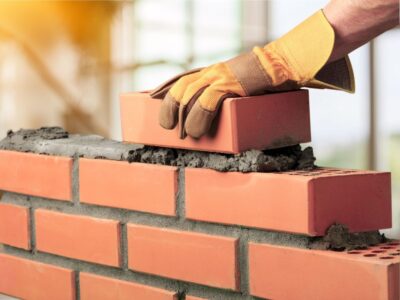
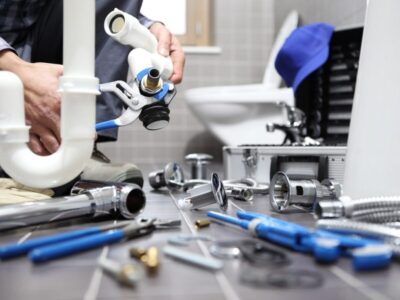



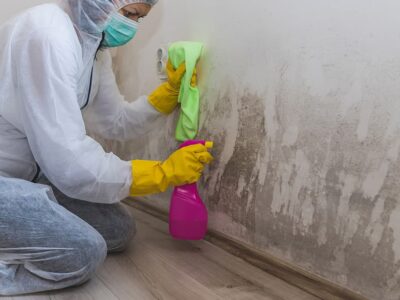
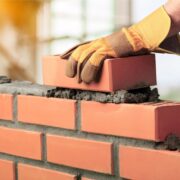
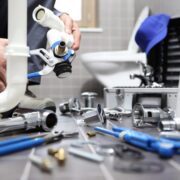
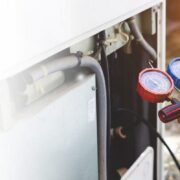
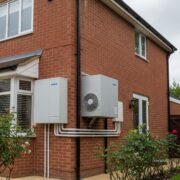
Comments